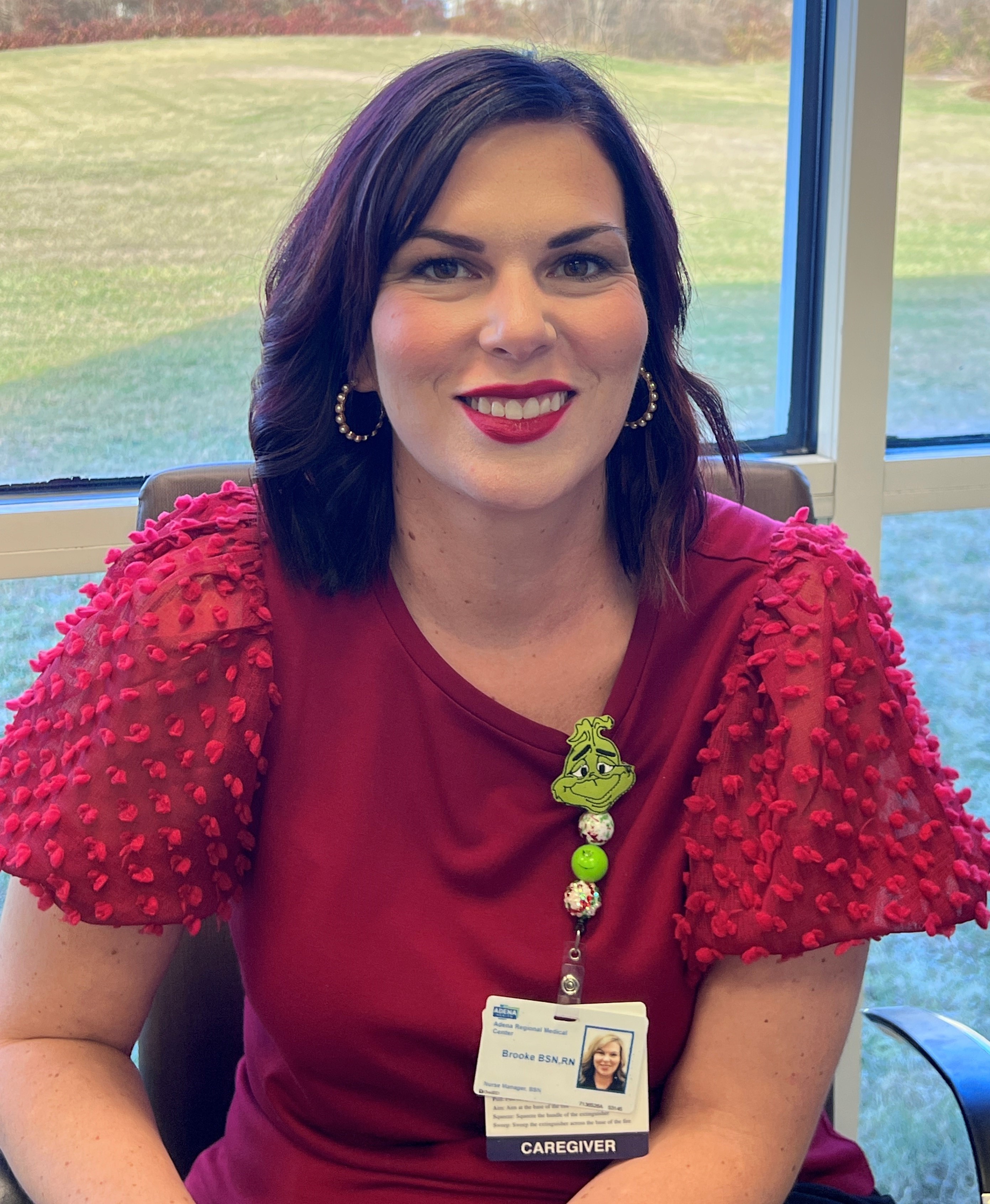Don’t Fear the Scope

Colonoscopy among reasons cited for decline in colorectal cancer deaths
 The National Cancer Institute (NCI) estimated more than 140,000 people in the United States would be diagnosed with colorectal cancer in 2018, and that more than 50,000 people would die from the disease.
The National Cancer Institute (NCI) estimated more than 140,000 people in the United States would be diagnosed with colorectal cancer in 2018, and that more than 50,000 people would die from the disease.
While those figures may be scary to some people, increased awareness of colorectal cancer, and an emphasis on preventive screenings are credited with reducing colorectal cancer deaths by 35 percent between 1991 and 2009, according to Dr. Vamsi Koduri, MD, a hematology and oncology specialist at the Adena Cancer Center.
Advancements in screening technology and providers being more adept at performing screening colonoscopies have also helped lower the mortality rate of the nation’s second leading cause of cancer death, Koduri says. Colorectal cancer represents, on average, 8.1 percent of new cancer cases and 8.3 percent of deaths by cancer each year, according to NCI.
The screening colonoscopy is among the most valuable tools in preventing colorectal cancer. With the patient sedated, the procedure takes about an hour and involves a lighted tube with a camera inserted into the colon. There, the camera enables doctors to look for polyps and other aberrations that may be signs of pre-cancer or cancer.
Any polyps found are removed and sent for testing to determine if they are cancerous.
The invasive nature of a colonoscopy might make the procedure less-than ideal for some patients, but endoscopic surveillance has been a breakthrough in the early detection of colon cancer. The survival rate for persons diagnosed with Stage 1 colorectal cancer is 80 to 95 percent, Koduri says. That rate drops to 55 to 80 percent for Stage 2, 40 percent for Stage 3, and 10 percent for Stage 4, he adds.
“Early detection significantly increases the chances of survival,” Koduri says. “Screening via colonoscopy is a tool for early detection of possible malignancies and leads to higher cure rates and better overall outcomes.”
Koduri notes a 54-year-old patient of his was recently diagnosed with early-stage colorectal cancer during a screening colonoscopy. The patient is doing well after undergoing surgery to remove a 3.5 centimeter mass from his ascending colon.
“He had no evidence of lymph node disease, a CT test showed no evidence, he had no symptoms,” Koduri says. “He underwent screening colonoscopy and the mass was incidentally found.”
Masses that are non-obstructing and cause no abdominal pain, constipation or gastrointestinal bleeding are among the most threatening of tumors because they cause few or no symptoms. Without a colonoscopy to detect it, the tumor can grow and cancer can spread.
For persons with no family history of colorectal cancer, and have no symptoms related to the disease, screening colonoscopy should begin at age 50. If no malignancies, polyps or other abnormalities are found, the procedure should be performed every 10 years thereafter, Koduri says.
If polyps are found, patients are usually advised to undergo a colonoscopy every three to five years, even if the growths are not cancerous.
Twenty-five percent of people with colorectal cancer have a family history of the disease, so the recommended age screenings should begin is markedly different for these individuals. In this case, screening colonoscopy should begin 10 years prior to the youngest age at which an immediate family member – a mother or father, for example – was diagnosed with the disease. If your father was diagnosed with cancer at 50 years old, you should undergo your first colonoscopy at 40 and every 10 years thereafter.
Persons with a family history of the disease should also undergo a flexible sigmoidoscopy every five years. A sigmoidoscopy is similar to a colonoscopy but does not travel beyond the lower part of the colon.
If you have yet to undergo a colonoscopy, be aware of changes in bowel movements and stool composition that may be warning signs. A sudden onset of unexplained abdominal pain or constipation, or stools that are darker than normal in color, can also be indicative of colorectal cancer, Koduri says.
Additionally, craving ice or clay can be the result of an iron deficiency, which can be caused by a GI bleed, he adds.
Koduri emphasizes that other possible causes of rectal bleeding, such as hemorrhoids, be eliminated before undergoing a colonoscopy.
“People might think the bleeding from the rectum is evidence of a lower GI bleed, and this can lead to unnecessary screening or unnecessary procedures. It’s very important to rule this out as a possible cause,” he says.
To schedule your screening today, talk to your primary care physician or call Adena Surgical at 740-779-4550 or Adena Gastro at 740-779-8530. For more information on colon cancer visit adena.org/coloncancer.
